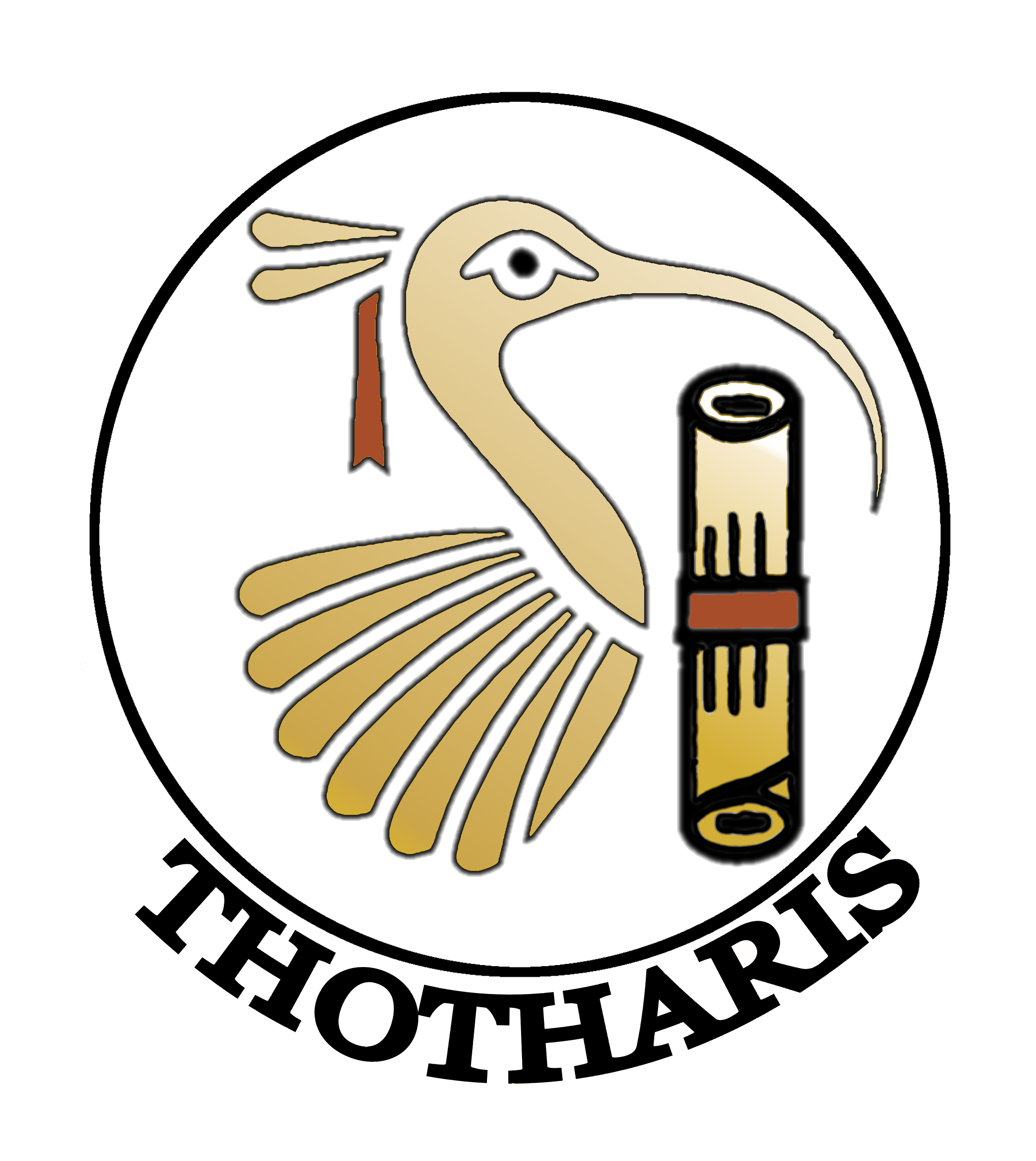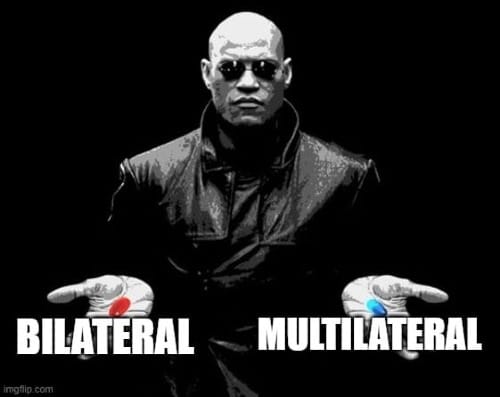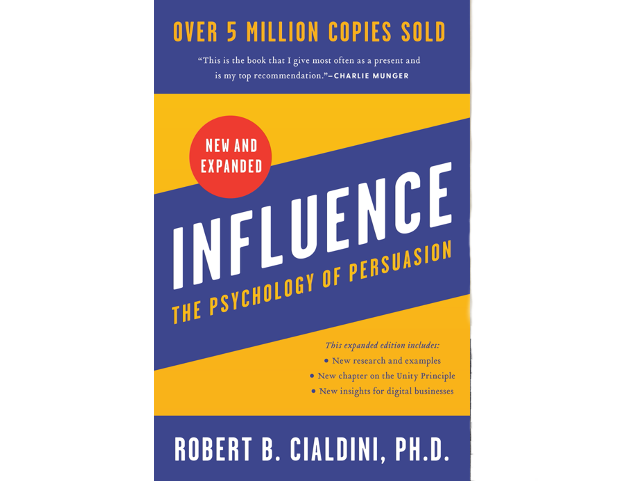Hit the Ground Running: Navigating the First Stage of a Diplomatic Post
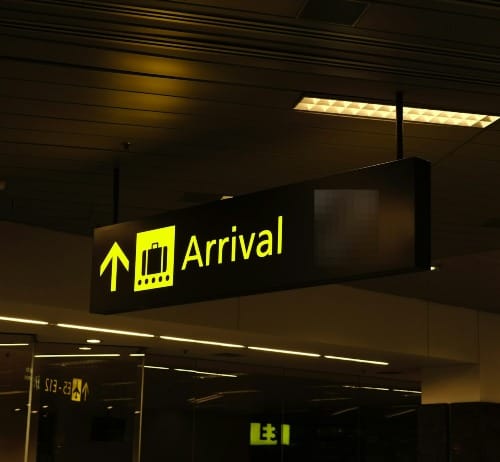
Share
Stepping off the plane, the hum of a new city buzzed around me. The unfamiliar scents, foreign chatter, and the distant skyline were both exhilarating and overwhelming. I had just arrived for my next diplomatic posting, and the excitement of starting anew in a different corner of the world was sinking in.
The life of a diplomat is characterized by cycles, each beginning with a posting in a different country. Rapid adaptation to new surroundings is expected and required, making this first stage the most challenging. However, navigating it successfully lays a powerful foundation.
While the task may seem daunting, breaking it down into manageable steps makes the entire process more achievable. Drawing from my own experiences and the wisdom of others, I’ve identified some key elements that can help you hit the ground running in any diplomatic posting. This is not a comprehensive piece, but rather an introduction to the steps themselves, that will each be covered in greater depth.
Establishing Working Relationships
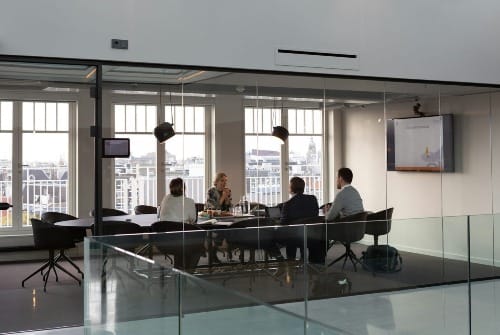
A diplomat’s value is largely measured by the perspectives and channels of communication they build with officials and professionals in their host country. A critical differentiator between an effective diplomat and an ineffective one is the extent of their reach within this community. Establishing this network early is crucial.
Upon arrival, set appointments with host government officials relevant to your portfolio, always beginning with the Ministry of Foreign Affairs as a matter of proper protocol. Expand to other government agencies from there. These introductory meetings aren’t just formalities—they provide insight into key players and how agencies interconnect, establishing communication channels that will become invaluable over time.
In parallel, seek out counterparts from other embassies and international organizations. Their varied perspectives add depth to your understanding of local dynamics. While finding common ground is important, delving deeper to establish stronger connections is equally valuable. If an initial meeting goes well, exchange direct contact information and propose a follow-up over coffee or lunch. This way, by the time you need to discuss a specific issue, you’ve already laid the groundwork for effective collaboration.
Leverage any existing contacts passed down from your predecessor, but don’t rely exclusively on them. Often, you will need to establish your own connections through your efforts. In my experience, requesting introductory meetings early branded me as a proactive communicator. By the time I attended my first formal receptions, I already knew a substantial amount of people, who then introduced me to others. This ripple effect greatly expanded my network—something I noticed didn’t happen as easily when I wasn’t as proactive.
Building a Social Circle

Connections for diplomats extend beyond official meetings. Establishing a social circle is just as important as building a professional network. You are not just working in the country where you are posted—you’re living there. Being proactive on this front pays dividends both professionally and personally.
Use your interests to your advantage. If you enjoy fitness, join a local gym or a sports club. If you’re passionate about the arts, attend gallery openings or theater performances. Engaging in hobbies allows you to meet people who share your interests, offering a natural way to integrate into the community. Many diplomats, including myself, have found that social activities often lead to professional opportunities, but even if they don’t, they still provide an important outlet in your new setting.
During the initial stage, accept every invitation—whether to events, meetings, presentations, or gatherings. This is not the time to be selective. Being present and active helps you quickly integrate into the local community and form meaningful connections, and establish your place in your new environment.
Finding Accommodation and Creating a Home Base
Finding the right place to live is a critical aspect of settling into a new posting. Your home serves as your sanctuary, and finding suitable accommodation quickly helps alleviate the psychological uncertainty that comes with living in limbo.
Before arrival, research neighborhoods and engage with local real estate agents. Aim to view several places upon arrival—seeing three to five daily can help you make an informed decision quickly. In many -but not all- cities, diplomats are viewed as reliable tenants, which often gives you a good selection of housing options.
Equally important is your relationship with your landlord. Engage in conversations to gauge their personality and identify any red flags. I’ve seen diplomats forced to move multiple times due to difficult landlords. A supportive landlord can make your stay much more comfortable, while a difficult one can add unnecessary stress; I have seen diplomats who have had to move multiple times during a posting because they missed the signs of a potentially troublesome landlord.
Diving into Analytical Work Early On
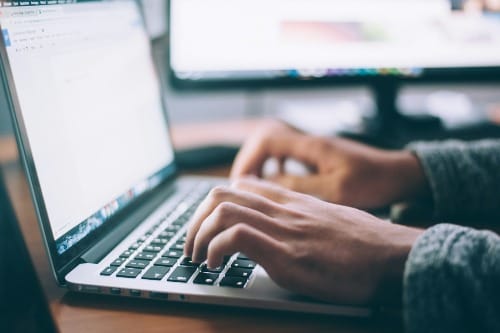
Even the most well-connected diplomat remains ineffective if they do not provide actionable insights. Your on-the-ground experience allows you to deliver nuanced analysis and recommendations that would not be accessible otherwise. If your output after a year can be replicated by a simple online search, it’s time to reevaluate your efforts.
It is not uncommon to feel hesitant about producing substantive work in the early stages of a posting, either from comparing your current understanding to your knowledge at previous posts or as a result of impostor syndrome. However, it’s crucial to begin your analytical work early. Preparation should ideally begin before arrival—proactively read relevant documents, meeting with predecessors and take notes. If possible, meet with diplomats from your posting that are stationed in your capital before departure. Doing this legwork early gives you momentum from the moment you land.
Don’t let the fear of making mistakes hold you back. Early on, there is greater leniency for errors, and any missteps offer valuable learning opportunities. By diving into your work early, you’ll receive feedback that helps refine your approach and guide your research moving forward.
Embracing New Beginnings
Starting anew in a foreign environment is both challenging and rewarding. By investing time and effort into laying a strong foundation during the initial stages of your posting, you set yourself up for a more productive and fruitful experience on both personal and professional levels.
Embrace cultural differences, be proactive in establishing both professional and social networks, and start your analytical work early. The first steps you take can significantly influence the trajectory of your entire posting. By approaching this phase with deliberate action, you save yourself from playing catch-up for the rest of your posting, and along the way you will be enriched by your experiences and the people you meet.
